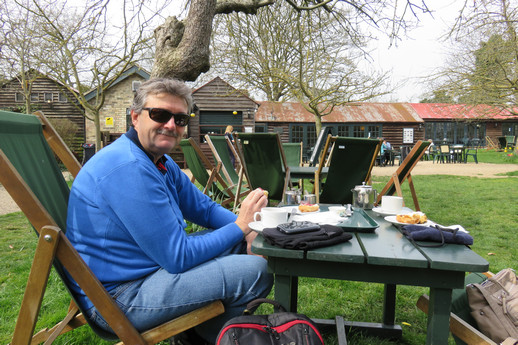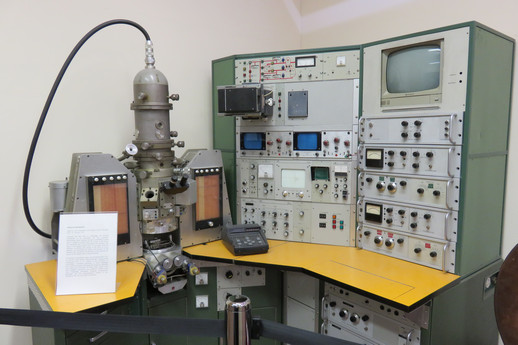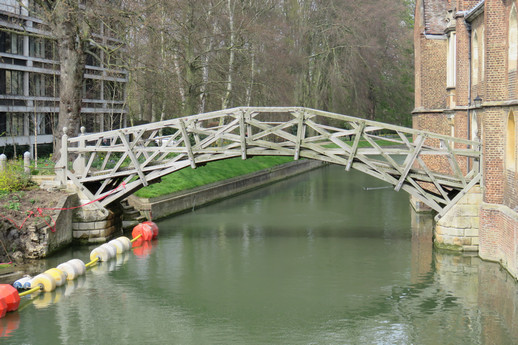Today, comments from our faithful college of followers in addition to Christine’s prior notes on “things to do in Cambridge” provoked us to walk some distance to the nearby village of Grantchester to enjoy tea and scones by the river Cam. Enjoyed by luminaries such as Virginia Woolf, the Orchard tea rooms is a popular location to enjoy refreshments along the river Cam. We were up to the task too; quills poised in expectation of a provacative treatise.

We walked back to Cambridge along the river Cam and visited the Whipple Science Museum. This is a compact and informative museum with many exhibits covering the range of Natural Philosophy that was common for the time. I particularly enjoyed the exhibits associated with James Clerk Maxwell whose equations have provided the basis for considerable contributions to physics and specifically electrical engineering. He was both a student and professor at Cambridge.

We wandered back to our lodgings for the last time. Along the way we visited the Mathematical Bridge that links Queen’s College across the river Cam. Tourist traffic through Cambridge today (Monday) was certainly much reduced compared to that observed over the weekend.

Tomorrow we depart for Oxford. A reliable source tells me that while Cambridge is noted for its science and technology focus, Oxford is equally known for its literary and humanities focus. I expect to be impressed by Oxford as much as I have been by Cambridge. The opportunity granted to students of both these universities seems a world apart from my experience.
The Mathematical Bridge!!!! I forgot about him….glad you met.
Yes, you can’t help but be absorbed with the educational past and the wonders of brain power that went before and, hopefully, may still be there. But I assume much impressiveness lies in the history. Personally I liked Cambridge a lot better than Oxford. Although they did publically burn bishops in Oxford so maybe that counts for something.
I have this brilliant idea. Maybe Greg could do a Phd in Cambridge. OML accomodation (for me). There’s a retirement activity for you.
PS How were the scones?
Chris
Thanks for yout thoughtful suggestion Chris. It’s tempting to consider studying at such places but I think the only way I could consider a future at Cambridge or Oxford would be to retrain as a master stonemason. The buildings here need much maintenance and I’d have a job for a long as I wished to keep active. I’m not sure how well solder works on limestone or sandstone; maybe a 3D printer spitting out a sandstone composite could be a viable alternative to a hammer and chisel. A lot less messy too. 🙂
Greg xox
Sorry, I neglected to say that the scones were also a little too dry for my taste. The tea, however, was wonderful and Christine’s company made up for any shortcomings in the tasty tidbits.
Greg xox
? too much information!
You’ve got me wondering what I’ve said that’s “too much information”?